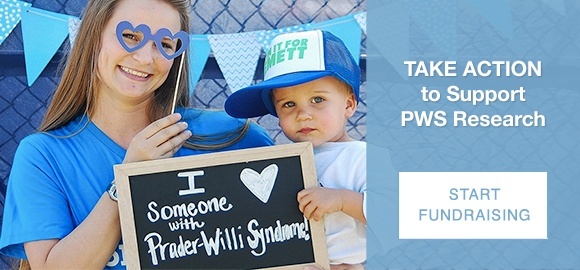Exciting developments are sweeping through the PWS community, spotlighting two potential treatments: Soleno’s DCCR and Aardvark’s ARD-101. Recognition of the PWS community's involvement must be given, as hundreds of volunteers have participated in PWS clinical trials and the Global PWS Registry to get us to where we are today. Their dedication and commitment have propelled research forward, bringing us closer to potentially life-changing treatments for those affected by Prader-Willi syndrome. Together, we stand on the brink of a new era in PWS treatments, where hope shines brighter than ever before.
New Drug Application for DCCR Imminent
The momentum behind DCCR is palpable, as it gears up for a significant milestone. With a breakthrough therapy designation from the FDA in hand, DCCR's new drug application (NDA) is poised for expedited review upon submission to the FDA, slated for mid-2024.
This achievement marks the culmination of a decade-long journey to collect the data needed to inform the FDA on the safety and efficacy of the drug in treating hyperphagia and PWS-related behaviors. With a small initial investment from FPWR, DCCR underwent a phase 2 trial in 2014 that included 13 people with PWS. Treatment with DCCR reduced maladaptive behaviors, improved body composition and decreased hyperphagia (excessive appetite) [Kimonis et al, 2019] . The positive results from that trial spurred a larger investment from the pharmaceutical industry toward DCCR's development.
In 2020, Soleno Therapeutics completed a Phase 3 study of DCCR. While the study indicated benefits of DCCR, the impact of COVID-19 muddied the data, prompting the FDA to request additional data to substantiate a new drug application. To address the FDA’s call for additional data, Soleno used comparison data from FPWR's Global PWS Registry, which showed that individuals taking DCCR show improvements in hyperphagia and other PWS-associated behaviors compared to individuals who are not taking DCCR [Strong et al, 2024]. In addition, Soleno conducted a randomized-withdrawal study that showed when trial participants stop taking DCCR, hyperphagia and maladaptive behaviors return.
Armed with data from three clinical trials and natural history data from the Global PWS Registry, Soleno is now preparing to submit a new drug application to the FDA for review.
Aardvark Therapeutics Raises $85M for PWS Program
FPWR makes small investments in early-stage companies focused on advancing the development of new treatments for PWS. The purpose of this is two-fold. 1) to help de-risk drug development by providing expert advice 2) to encourage additional investments from outside the PWS community.
Recently FPWR made a second venture philanthropy investment in Aardvark Therapeutics, whose lead asset, ARD-101, holds promise as a potential treatment for hyperphagia in PWS. Aardvark Therapeutics completed a phase 2 study of ARD-101 last year and has now secured $85 million in Series C financing to advance their program through phase 3 clinical trials.
We are encouraged by the early findings of the ongoing trial of ARD-101 in young adults with PWS and with the new funds secured, we look forward to a rapid expansion of the clinical evaluation of ARD-101 in the hope of bringing this novel oral drug to people with PWS.
Your generous support has directly impacted the development of these promising new treatments and your continued support will ensure a robust therapy pipeline for additional treatments in the future. Thank you for supporting PWS research!







